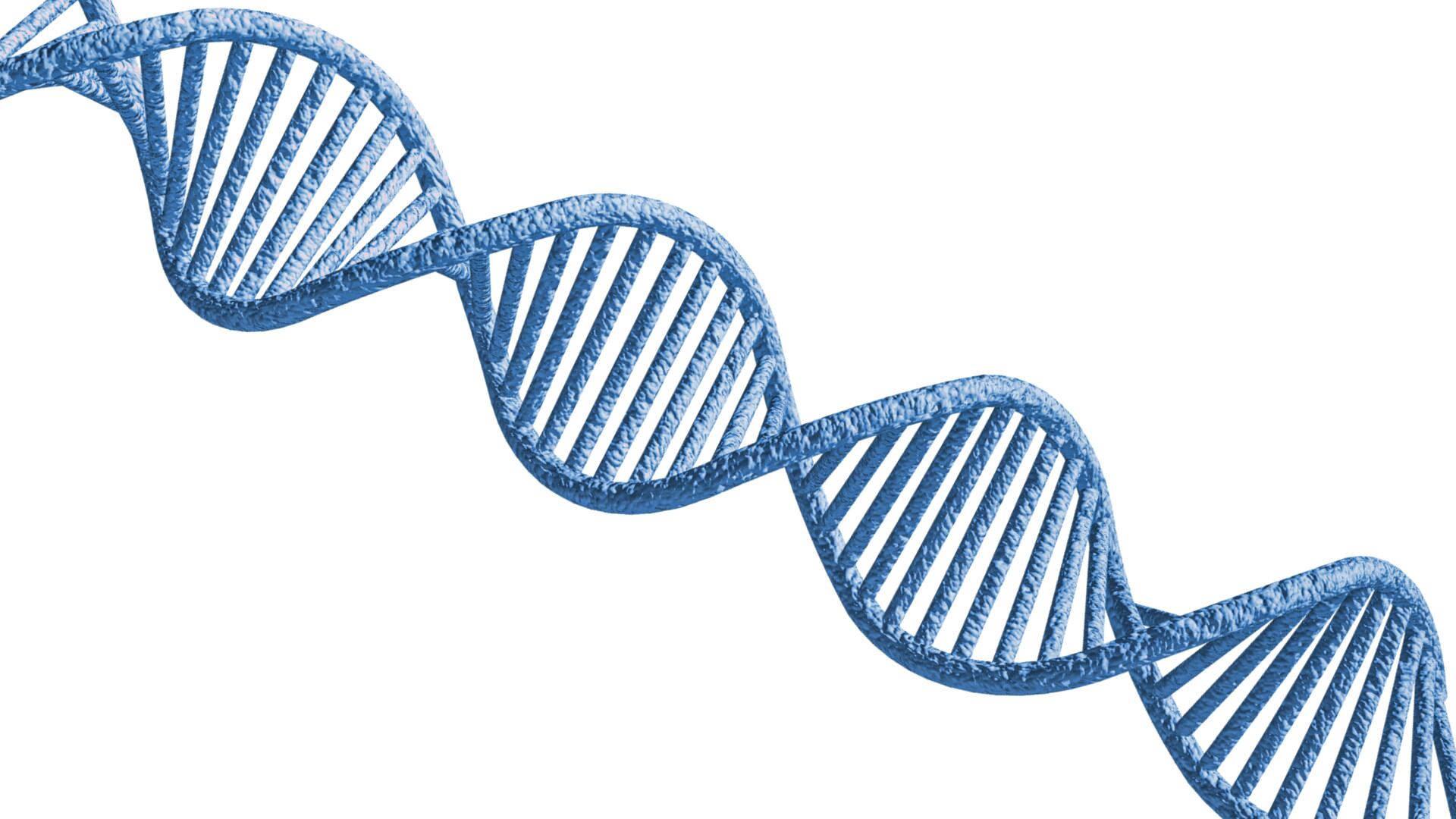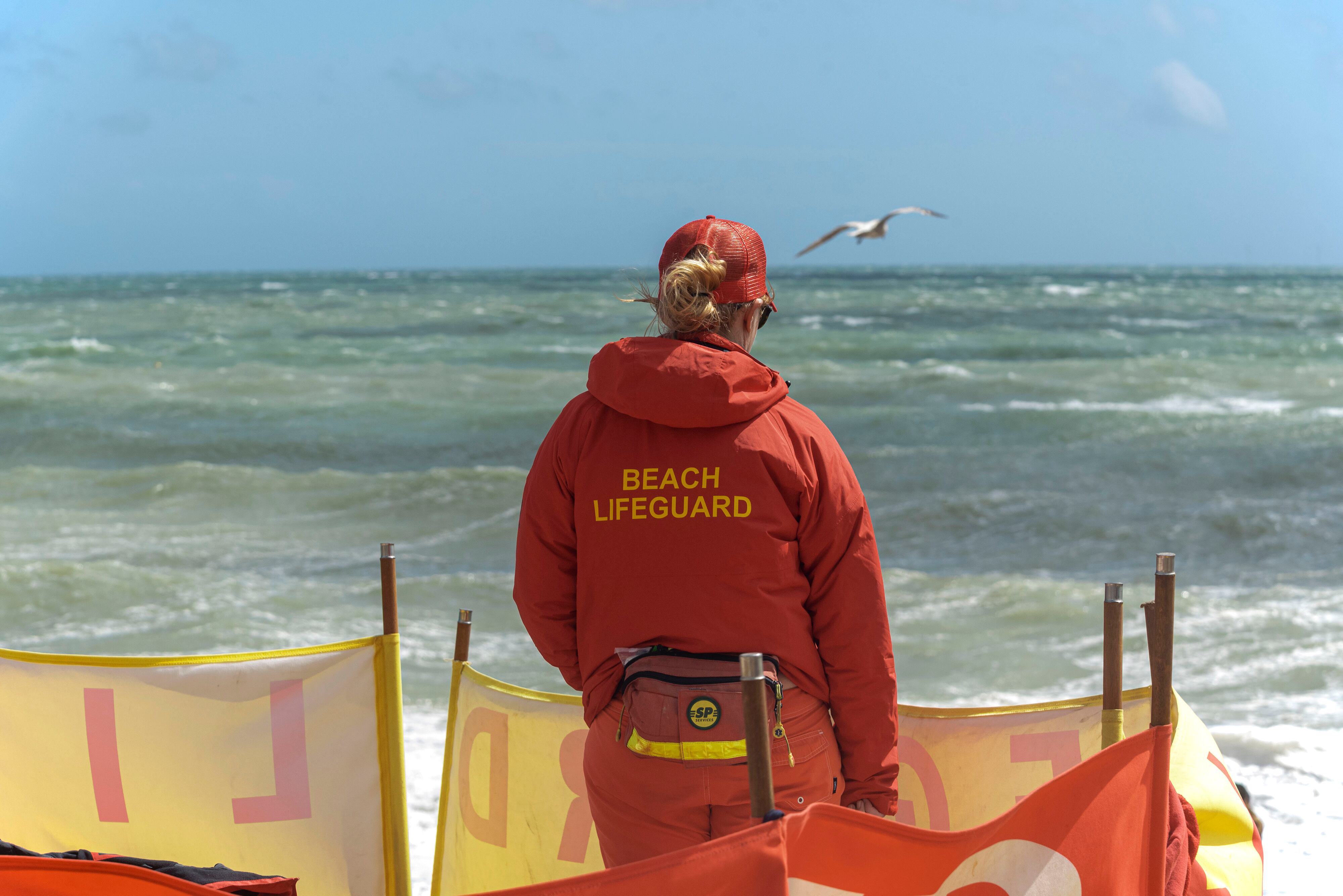Elon Musk's SpaceX successfully launched an updated version of its Falcon 9 rocket on Friday, and moments later the first stage booster stuck its landing on a drone ship in the Atlantic Ocean.
The launch was another in a string of resounding successes for Musk's aerospace company, whose ability to pioneer new advances in space technology have stood in contrast to the production struggles of his electric car company, Tesla.
It was the first landing of SpaceX's new Block 5 first stage and the 25th successful landing for SpaceX rockets.
The new Block 5 booster is seen as critical to SpaceX's plans to undertake crewed missions for NASA. The booster is designed to be reused up to 10 times with little maintenance between missions and up to 100 times overall.
SpaceX is also hoping that simple reusability of the booster will allow quick turnarounds with the potential of launching a Falcon 9 rocket twice within a 24-hour period.
Musk says he hopes to produce 30 to 50 Block 5s for the Falcon 9.
In Friday's launch, the Falcon 9 carried Bangladesh's first communications satellite. Thales Alenia Space, the French-Italian company that built the satellite, said it would provide citizens in Bangladesh "access to a wide range of broadcast and communications services, including phone services, backhaul, radio, direct-to-home TV and Internet."
The World Health Organization's cancer agency has deemed the sweetener aspartame — found in diet soda and countless other foods — as a “possible” cause of cancer, while a separate expert group looking at the same evidence said it still considers the sugar substitute safe in limited quantities.
More than a third of Americans were under extreme heat advisories, watches and warnings Thursday as a blistering heat wave that's been baking the nation spread further into California, forcing residents to seek out air conditioning or find other ways to stay cool in triple-digit temperatures.
Tourists in central Athens huddled under mist machines, and zoo animals in Madrid were fed fruit popsicles and chunks of frozen food, as southern Europeans braced for a heat wave Thursday, with a warning of severe conditions coming from the European Union’s space agency.
A new study published in Nature has found that more than 56 percent of the world's oceans have changed color in the past 20 years, and climate change is to blame.
Recently discovered teeth of a two-million-year-old human relative in Africa could give researchers new insight into genetics.
U.S. officials have approved the first over-the-counter birth control pill, which will let American women and girls buy contraceptive medication from the same aisle as aspirin and eyedrops.
The Webb Space Telescope is marking one year of cosmic photographs with one of its best yet: the dramatic close-up of dozens of stars at the moment of birth.












